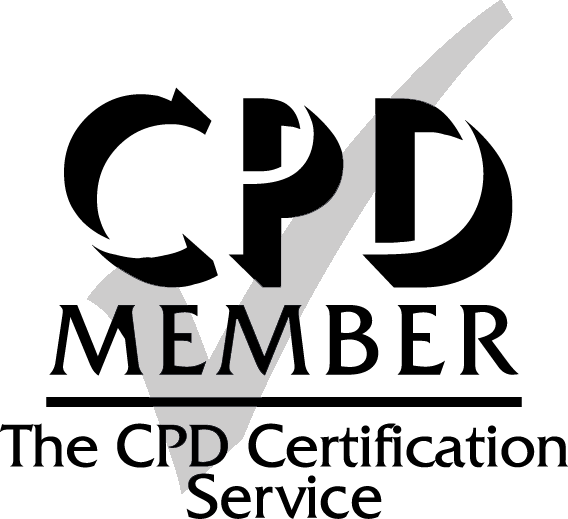- Children Specialist Practice Areas
- Safeguarding Children and Young People
Level 2 Safeguarding (VR-Enabled)
- VR-enabled
- 1 day
- up to 12 people face to face
The aim of this course is to explore the fundamentals of systems theory and systematic practice as a key methodology in understanding a child’s experience, and using tools that can lead to positive outcomes for children. Through this course, families will be better supported to stay together, and practitioners will become more satisfied with their outcomes. This course focuses on the concept that every conversation is an opportunity for change and, as such, practitioners must be given the tools to become more adaptable and react to different and complex situations as they arise.
This course is delivered by our expert facilitators who will bring their first hand experience and tailor the course to suit your learning needs.
Our course covers the following topics:
Outline
Day 1 covers – System Theory, Milan ideas, Circular questioning, Reframing, Hypothesis
Day 2 covers – Structural ideas of Hierarchy, Beliefs, Values, Genograms, Sculpting, Trigger families
Day 3 covers Solutions focussed/ brief therapy, Miracle question, Goal setting, Scaling
Day 4 covers Strategic Therapy, Task oriented, Mapping, Chronology, Narrative therapy, Scripts, Narrative, Stories, Externalising problem
Day 5 is split into 2 half-day sessions (group is split into two and participants attend half a day). Reflective group supervision/ action learning sets and bring all skills together. – The aim is for participants to be give practical skills to work with families, children and young people.

To book a course directly, or enquire about our courses, please fill in the form below and one of our team members will get in touch with you soon.

